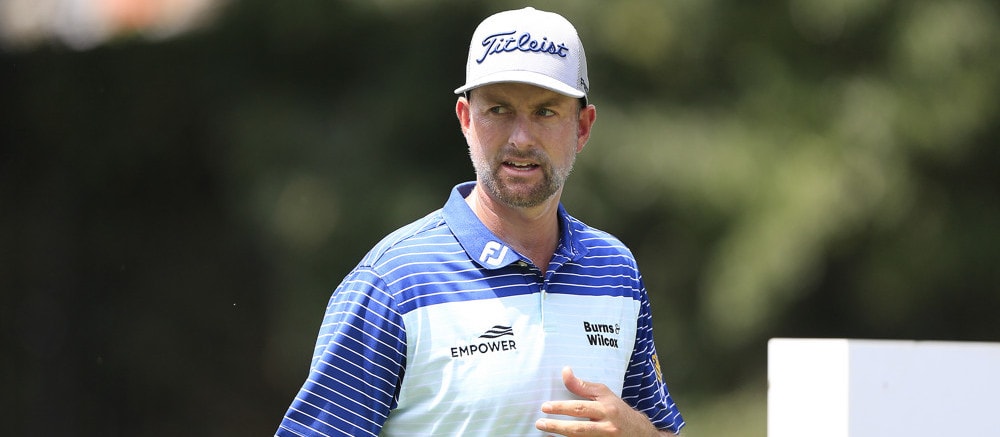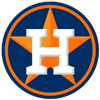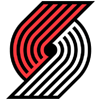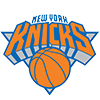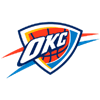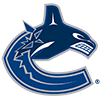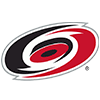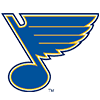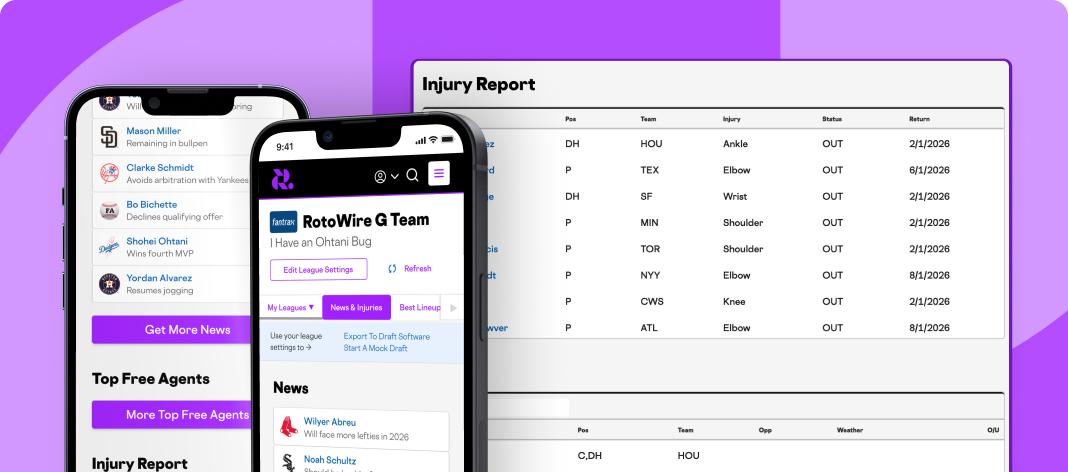Of all the ways to play fantasy sports, is there anything more basic — and therefore more open to the masses — than one-and-done pools?
And yet, they are not easy. They are hard. They can be frustrating. For many years in a row potentially. (Not that I'm bitter or anything.)
One-and-done pools are most commonly associated with the NFL, where they are also known as survivor pools or knockout pools. If your team loses that week, you're out of the pool.
It's not that way in golf — everyone gets to stick around for the entire season, which is an attractive selling point if you're trying to start up a new pool.
With the RotoWire OAD pool, we go across 32 tournaments, from the Tournament of Champions at the beginning of January to the Tour Championship around Labor Day. It's a long haul, but like with a lot of things in life, it goes fast. We customize the season for our needs, and of course you can, too. Want to include the fall season? Go for it. For us, starting in January works best across all the RotoWire in-house golf pools — in large part because the NFL regular season is either done or close to done by then.
We pick one golfer every week and can't pick him again the rest of the season (you can customize that, too, if you like to, say, have the option to pick a golfer twice). But unlike with NFL knockout pools
Of all the ways to play fantasy sports, is there anything more basic — and therefore more open to the masses — than one-and-done pools?
And yet, they are not easy. They are hard. They can be frustrating. For many years in a row potentially. (Not that I'm bitter or anything.)
One-and-done pools are most commonly associated with the NFL, where they are also known as survivor pools or knockout pools. If your team loses that week, you're out of the pool.
It's not that way in golf — everyone gets to stick around for the entire season, which is an attractive selling point if you're trying to start up a new pool.
With the RotoWire OAD pool, we go across 32 tournaments, from the Tournament of Champions at the beginning of January to the Tour Championship around Labor Day. It's a long haul, but like with a lot of things in life, it goes fast. We customize the season for our needs, and of course you can, too. Want to include the fall season? Go for it. For us, starting in January works best across all the RotoWire in-house golf pools — in large part because the NFL regular season is either done or close to done by then.
We pick one golfer every week and can't pick him again the rest of the season (you can customize that, too, if you like to, say, have the option to pick a golfer twice). But unlike with NFL knockout pools where your team that week has to beat only one other NFL team, in golf your guy has to beat maybe 155 others. Sounds very hard. It is, brutally so. If someone picks three winners out of the 32 tournaments, that is an outstanding season. Two is very good. Some of us get shut out.
But we make it so that even if you fall way behind during the season, there's still an incentive to stay the course over the eight-ish months.
There are season-long winners in our pool — the top five or six win, um, prizes — but we also have quarterly winners and an aggregate winner for the four majors. We have a nominal entry fee. The quarterly component is an especially good feature to keep those who have fallen far behind interested until the very end. This is an important point: It's imperative that everyone keeps trying, even if far behind, to maintain the integrity of the pool. You'd hope people would do that anyway, but the quarterly segments give them a strong impetus.
At the end of the season (or quarter), all you do is add up the money earned by each of your golfers over the 32 tournaments (or eight tournaments) and the player with the most wins. If your guy misses a cut that week, you get what he gets: ZIPPO.
That's about it. There are not a lot of moving parts to one-and-done pools. So we have just a few tips.
• First off, think about how many tournaments you want in your pool. Let's use the RotoWire 32-tournament format as an example. We don't necessarily pick the top-32 golfers in the world — there are high-ranking internationals who aren't around all the time, there are lesser tournaments with not many big-name guys — but you also shouldn't have to go overly deep either. There's nary a reason to ever go far outside the top 50, if at all, except maybe for a tournament such as the John Deere Classic.
• Second, certain golfers do well at certain events, the proverbial "horses for courses." We're talking Webb Simpson at TPC Sedgefield (the Wyndham), Kevin Kisner at Sea Island (the RSM Classic), Rory McIlroy at Quail Hollow (the Wells Fargo), Jordan Spieth at Augusta (the Masters) and so on. Often, there's more than one guy at each course, such as Si Woo Kim at Sedgefield.
One thing I haven't done before but am strongly considering come January is mapping out the entire season, or as many of the 32 tournaments as possible, penciling the aforementioned golfers for their respective tournaments. Of course, that should definitely be pencil and not pen — every golf season is organic and goes in its own direction. We have to allow for current form, strength of the field and, especially, injuries.
This season-long cheat sheet could also help because it's quite possible to lose sight of the big picture over the course of the eight-plus months. For instance, you come to the Wyndham toward the end of the season and want to select Simpson only to see you picked him back in April because he seemed like a good fit that week. Of course, that might have been the prudent play: If Simpson were playing well in April as opposed to hopefully still playing well and being healthy in August … yeah, we're twisting you around in circles and just playing devil's advocate here because, well, that's a large component of a gamer's internal back-and-forth. We've all been there.
• Here are some other scenarios to consider: If you see a lone top-10 is in a weak field with maybe only a couple other top-25s, do you pick him? Or save him for a major or other big event, where you know the winner will probably come from a small pool of golfers and the payoff is bigger? Plus, under the RotoWire format, it could be a two-pronged win at a major because of the majors component to our pool. The top guys don't play many lesser fields, but some of them have allegiances to certain tournaments — and that means they like the course, the city, etc. Which, in theory, adds up to playing better.
Here's my thinking: If you can get a top golfer in such a scenario in which he is a clear-cut favorite, grab it. But … if he's in bad form, reconsider. That's why you can't be rigid; there are too many variables and unknowns in a golfer and a golf season.
One that comes to mind, unfortunately in hindsight, is Jon Rahm playing the American Express nee CareerBuilder Challenge in 2018. He stood out. He was ranked third in the world at the time. There were no other top-20 golfers in the field, though Phil Mickelson, Patrick Reed, Bubba Watson, Kisner and Simpson were entered. Reed was the only other top-25. Not sure of what Rahm's odds were, but in such a scenario today he would go off at maybe as little as 5-1 or +500. The guys who set the odds are smart — smarter than all of us. You will never have a better chance to get a winner.
Picking the flat-out winner of a golf tournament is remarkably hard, even if the field is 30 or 70, much less 144 or 156. Often the favorite is about 12-1. As we mentioned, if you can get two or perhaps three outright winners out of 32 tournaments all season, you'll be way ahead of everyone else. This past year, two guys in the RotoWire pool had three winners — they finished first and third overall. On the other hand, a guy with only one win finished fourth. He had 16 top-10s.
Of course, if your golfer finishes second or third in a given week, that's still pretty dang good. What you really want to avoid are missed cuts. There is nothing worse in one-and-done golf than burning a top guy on one of his three or four missed cuts all season.
This is a good time to point out that the RotoWire OAD pool uses officefootballpools.com to run our pool. Yes, it's more than football and completely customizable to your pool specs. Besides some of the other specifics above, we skip the Zurich Classic team event, which is a bit clunky for a one-and-done pool. We also skip opposite-field events. Of course, you can keep them if you want.
There are big advantages at a small cost ($3 per entrant at OFP. The site does all the math, it keeps track of everything. It tells you who you've taken and who you haven't, and it actually blocks you from taking a guy twice if that's the way you set it up. One other thing I like about our site is it also keeps track of who has been highly owned. This is another potentially very good strategy tip. For instance, if you want to play Collin Morikawa, you can see how many of the other people in your pool have picked him. If a lot have already burned him, that could be a good time to jump on him. If your guy happens to win that week, it's great no matter what, but maybe a little less so if eight of your competitors also had him. Of course, this works much better in the second half of the season than the first.
And if you are trying to rally toward the end of the season, you definitely could go for a guy you don't like as much just in hopes of being the only one, or one of the few, to pick him and hopefully make up big ground. See, even though there aren't a lot of moving parts to OAD pools, that doesn't mean there's not a lot of strategy.
One snafu arose when the PGA Tour changed its playoff system, and the payout for the Tour Championship not only included the tournament purse but all the bonuses. The winner gets $15 million. Well, that would throw the entire season out of whack. In the RotoWire pool, we tabulate 10 percent of those earnings/bonuses for the Tour Championship. And the beauty of it is, again, our host site does the work.
Winding down … It's very interesting to see how things play out from week to week in the RotoWire pool, which this past season had 43 entrants. Sometimes there are maybe a bunch of us taking one guy, but there are still 15 or 20 golfers taken virtually every week. Even in the recent 2021 Wyndham Championship, 17 golfers were taken. Ten players jumped on Simpson, no argument there, but there were a lot of "single" plays, and if one of them came in, you'd make a big gain in the pool. One of them did: Kisner.
That's it. Like a golf season or even a golf tournament, your strategy will change at different parts of the OAD season. We've been doing the RotoWire OAD pool for five years now, and I'm still learning the nuances, figuring out new things every year.
You won't master it all at once. Being right more than wrong is something good to shoot for.
